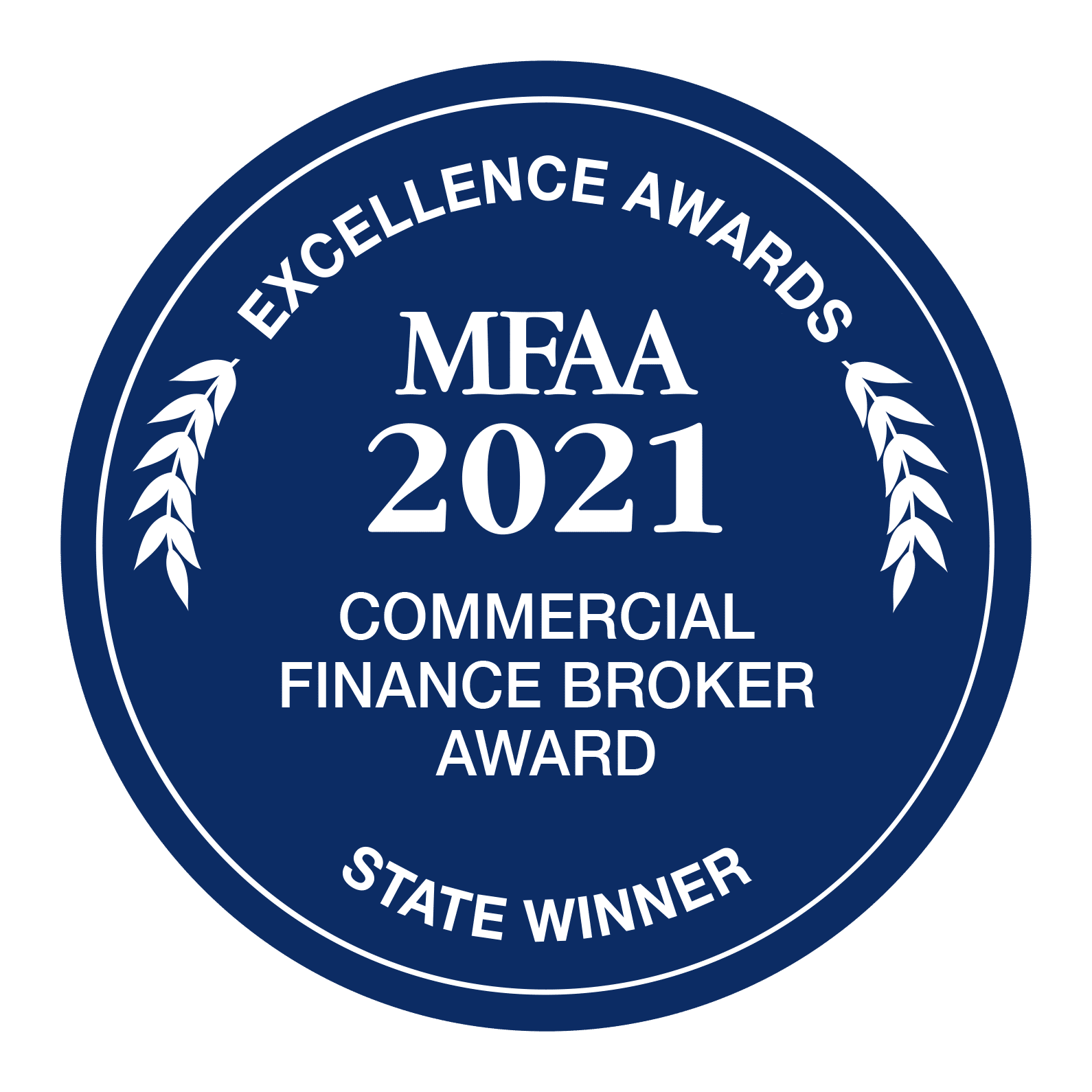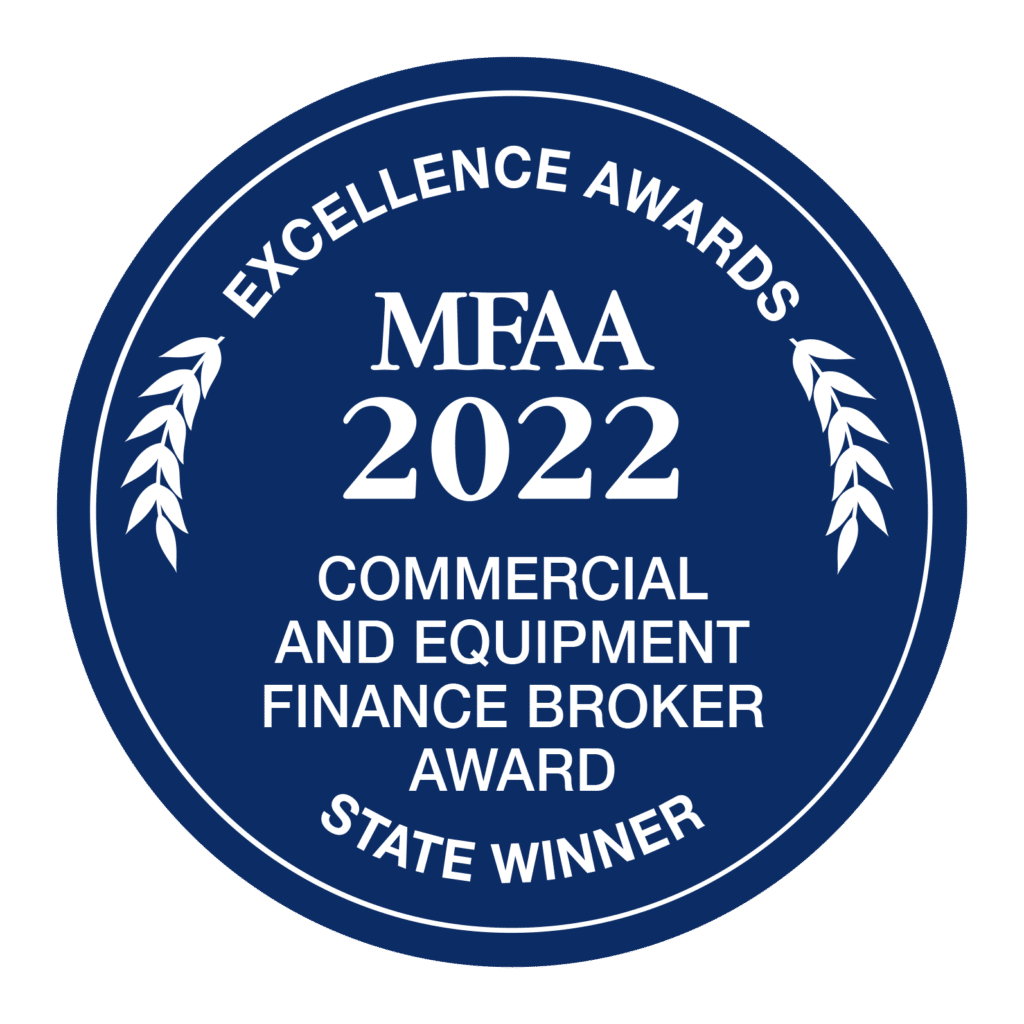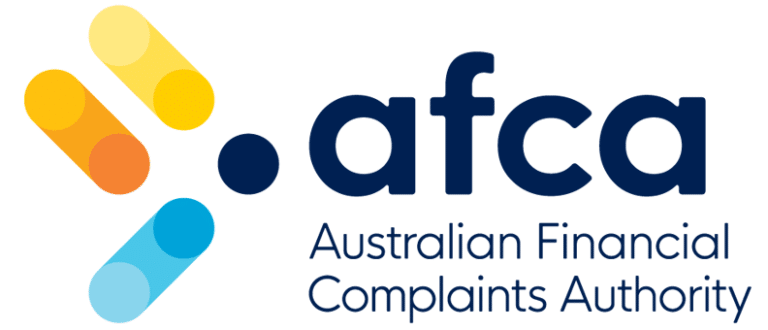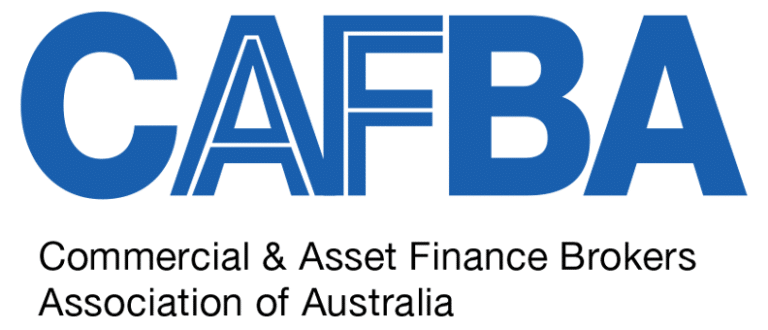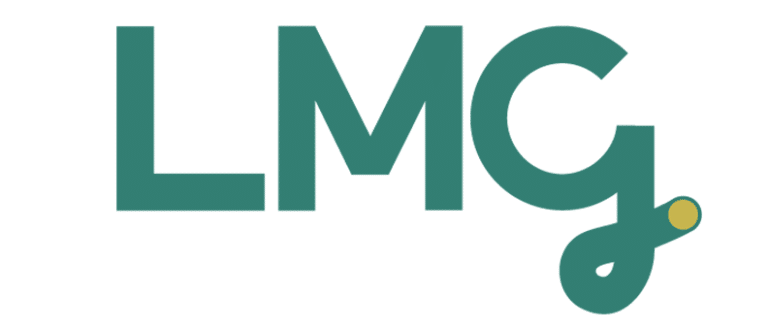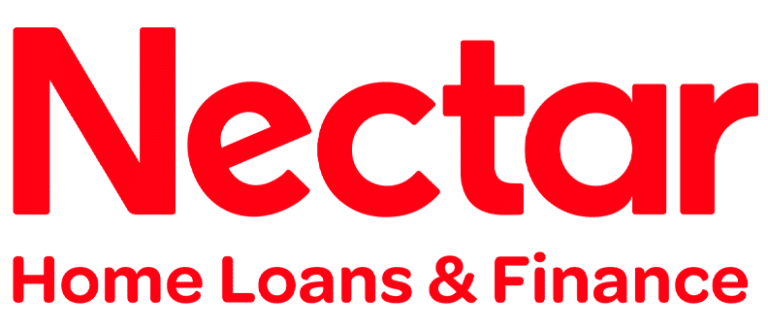Securing a business loan for your small business in Australia isn’t necessarily difficult but knowing how to navigate your way can be the difference between success and failure.
Banks and other financial institutions offer a wide range of small business loans and finding the most appropriate solution can be challenging.
Depending on your situation, there will be a small business loan to suit your needs. There are a number of different scenarios that could lead you to look for a small business loan, including:
- You’re a new business that needs a small business loan;
- You need a business acquisition loan to grow your business; or
- You’re seeking an end-to-end working capital solution to improve your working capital and financial flexibility.
Here are some tips on how to improve your chances of success when seeking and applying for business loans for small business.
1. Work Out What Is Realistic
First, work out what you need and do some research about options in the market. Base this research on:
- Type of security you want to provide (property, vehicle, none)
- The amount you need to borrow
- What you can afford to repay
- How you want to use it
Speaking with your accountant is always a great start.
2. Find A Business Finance Broker
The next step is to speak to a business finance broker. They can help you work out the business loan appropriate for your small business, who is offering them, and the rules of success. Finance brokers work with you to determine the key factors surrounding a business loan. These include:
- What your borrowing needs and abilities are
- The solutions suited to your circumstances
- Why you need to borrow
They also assist with a lot of the legal and other paperwork, to take the stress and hassle away from you. Be aware that your mortgage broker probably does a great job with your home loan but may not have the experience to help with business finance.
3. Have A Credit History And Make Sure It’s Good
Lenders are always more willing to approve a business loan for your small business if you show you’re managing existing commitments well. Where possible, keep on top of loan repayments and stay up to date with ATO and Super commitments. If you are struggling to keep up with other commitments, try to get them in order as soon as possible.
Talk to your lender if cash flow means payments may be more than a couple of days late. In doing so, your repayment history should continue to look quite good. Of course, there are options for when things don’t go to plan, and a finance broker can help manage this to minimise long term impacts.
4. Actively Show How Risk Will Be Minimised
Lenders make their decision based on the risk to them. If the risk is unknown, they’re likely to say no. Think about how you might deal with repaying a debt if your cash flows changes.
5. Be Prepared
Knowing your business is important. Make sure your tax returns are lodged on time and you understand them. Be able to explain how your revenues are derived, who your clients are, what your cash flow looks like and, importantly, why borrowing more will improve your position.
6. Have A Plan
Lenders like to see a business plan that shows you know what you want to achieve and how you can achieve it. Make sure a business plan is useful to you and your potential lender.
7. Provide More Than One Exit Strategy
Lenders want to know how they’re going to get their money back from you. Some lenders want up to three scenarios for what is called the ‘exit strategy’ and will broadly include:
- Primary exit: Making repayments from normal cash flow in the business;
- Secondary exit: Selling the asset you borrowed money to buy; and
- Tertiary exit: If your business can’t afford the repayments and the asset you buy is not worth anything, how will you ensure the lender gets its money back?
Fixed vs variable small business loans
Deciding between a fixed or variable business loans for your small business can seem like a difficult decision. The two options both have their own potential benefits; the important thing is to find the right solution for your business’ needs and circumstances.
Fixed loans can be great for long term planning as you’ll always know what your repayments are. Variable rate loans offer lower interest costs during an interest rate decline and the option to make more repayments.
The following information may help you decide on the advantages and disadvantages of the two loan repayment options.
Fixed-rate loans
Fixed interest rate loans can be popular for those who want a stable loan repayment balance month-in and month-out. However, fixed rate loans have a few caveats. These include restrictions on the maximum number of payments and fees for paying the loan off early.
The stable repayments offered by fixed rate loans allow for ease of planning and budgeting of expenses. If you’re budget conscious and want to take out a medium to long-term loan, a fixed rate option helps protect you from a potential rate increase.
The market commonly offers fixed rate loans from 1 – 5 years. When a loan is fixed, you are committed to not changing it for the fixed term, and to do so can be costly, so its important to pick the right fixed rate term.
Variable rate loans
A variable interest rate loan is a loan where your repayments can fluctuate as the market changes. For instance, in a declining market, you may have smaller loan repayments, whereas, in an inclining market your loan repayments would begin to increase
You should always be aware when choosing a variable rate loan that you are putting yourself at the mercy of the interest rate market. However, this risk may be partially offset by the ability for you to make additional payments to your variable interest rate loans without any penalties.
Other questions you should ask when considering a small business loan
Can you get a small business loan with bad credit?
Essentially, you could still be eligible for a small business loan with bad credit.
No matter how successful you are or how well you run your business, everyone is susceptible to hard times, which can lead to a bad credit rating. Even with a poor credit rating, you still might be able to access a business loan for small business. If you communicate your situation, and show that you have addressed the issues that led to the problem and that ongoing risk to a lender is reduced, they may be more inclined to support your loan application.
Which small business loan should I apply for?
Although there is a wide range of small business loan options, don’t be deterred by the variety. The more options you have, the more likely you will find the perfect fit for your business needs. The role of your finance broker is to assess your position and circumstances to find the business loan that best suits your small business.
You will have a better understanding of your own business’ position than anyone else. So, once you communicate your position to your finance broker, they can help find a solution and work on a strategy to secure the right loan with the right repayment plan.

